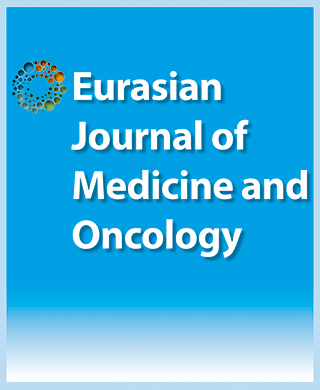

Artificial Intelligence in Reducing Delays and Enhancing Accuracy of Oral Cancer: Recent Affairs
Gokul Sudhakaran11Center for Global Health Research, Saveetha Medical College and Hospital, Saveetha Institute of Medical and Technical Sciences (SIMATS), Thandalam, Tamil Nadu, India,
Dear Editor, The challenge of early diagnosis in oral cancer remains significant, as delays in detection often lead to worsened patient outcomes. Recent advancements in artificial in telligence (AI) offer promising avenues to mitigate these delays, enhancing both the accuracy and efficiency of di agnosis. AI technologies, particularly machine learning and deep learning models, have been instrumental in the early detection and classification of oral cancer lesions. Vats et al.[1] highlighted the potential of AI in screening tech niques, suggesting that combining imaging with AI can significantly improve the detection and diagnosis of oral cancer. Moreover, the study by Ilhan et al.[2] underscores the piv otal role of AI in minimizing diagnostic delays. Their re search emphasizes how AI can overcome barriers to ef fective screening and timely healthcare access, especially in resource-limited settings. This is further supported by Abhilasha Chapade et al.[3] who discuss the integration of innovative optical imaging and AI techniques to identify oral potentially malignant lesions, which could revolution ize early diagnosis efforts. Additionally, the comprehensive review by Ilhan et al.[4] elaborates on how combined imaging and AI approaches can lead to improved oral cancer outcomes, suggesting a broad spectrum of applications from low-cost smart phone-based screening to high-precision detection using optical coherence tomography. These studies collectively indicate that AI's integration into oral cancer diagnostics could significantly reduce diagnostic delays, offering a bea con of hope for early detection and improved patient care.
Cite This Article
Sudhakaran G. Artificial Intelligence in Reducing Delays and Enhancing Accuracy of Oral Cancer: Recent Affairs. EJMO. 2024; 8(3): 378-378
Corresponding Author: Gokul Sudhakaran



